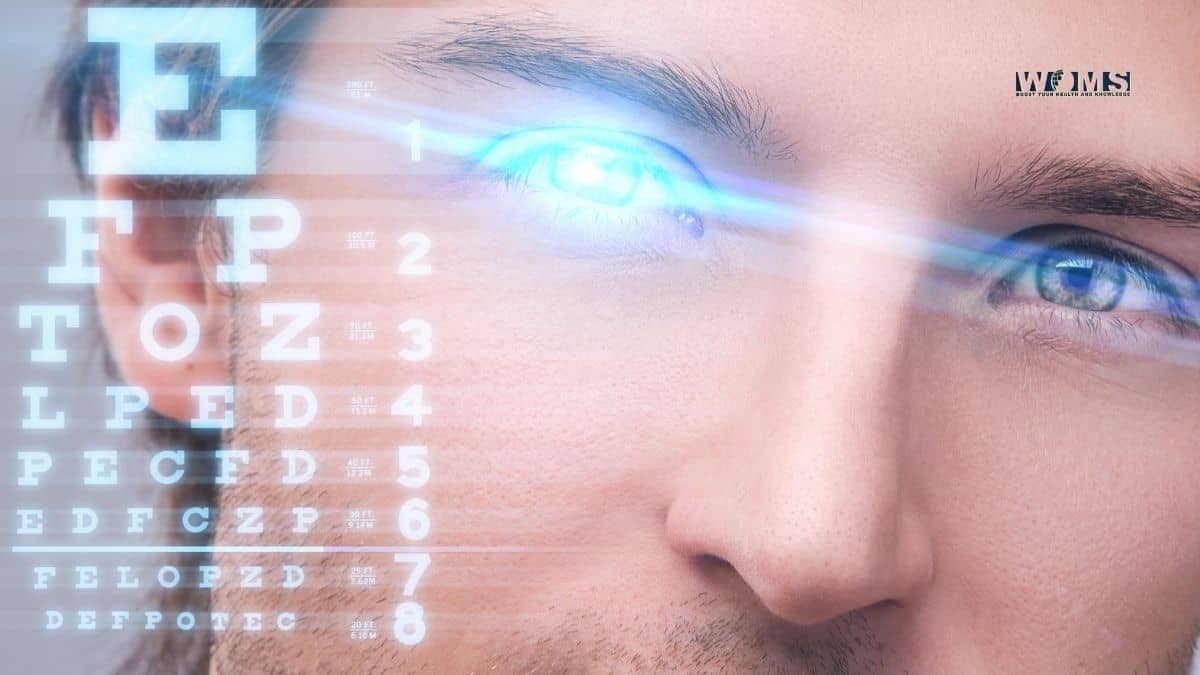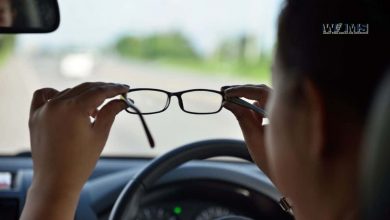Dealing With the 5 Most Common Annoyances of Vision Correction

Vision correction is any of several methods employed to improve blurred or fuzzy vision caused by refractive vision errors that occur when the eyes do not bend light properly as it enters the eye. Vision correction allows people with refractive errors to work, play, drive, and go about their daily tasks without having to squint or strain their eyes. The most common refractive problems include:
Nearsightedness (Myopia)
Myopia causes light to come into focus at the back of the eye before hitting the retina, making it difficult to see objects at a distance.
Farsightedness (Hyperopia)
Hyperopia causes light to come into focus behind the retina, causing objects that are near to become blurry.
Astigmatism
Astigmatism results from an abnormally-shaped cornea leading to distorted images and slant or double vision.
Presbyopia
Presbyopia occurs as the eye gradually loses the ability to shift focus back and forth between close and distant images leading to farsightedness. This error often affects people as they grow older.
Vision Correction Options
The two most common vision correction options are wearing eyeglasses and contact lenses. Over 150 million people in the US use corrective eyewear. They compensate for abnormal eye shape by refocusing light on the retina, leading to clearer vision.
People who do not want to wear glasses or contacts lenses can opt for vision correction surgery. Surgical procedures like LASIK use ultraviolet laser technology to adjust the shape of the cornea changing how light reaches the cornea.
What Vision Correction Option Should You Use?
Choosing the most suitable vision correction option for you depends on several factors, including:
Personal Needs
If you require eye correction for just reading or driving, eyeglasses might be the more efficient corrective option. But if most of your daily needs depend on your getting vision correction, then contact lenses or surgical intervention would be more practical.
General Health
If you have a chronic health condition, it may be risky to undergo vision correction surgery. Contact lenses require special handling and cleaning to avoid infection and may not be practical for people already dealing with an ailment.
Eye Condition
Not all refractive errors require the same kind of correction. For example, a person with presbyopia will generally not undergo corrective eye surgery.
Lifestyle
A person who is actively involved in sports may find eyeglasses quite discomforting, while some jobs might make wearing contact lenses unsafe.
Personal Preferences
Whether you go for glasses or contact lenses can come down to personal choice. Some people prefer the stylish look that glasses provide, while others want the soft appeal of contact lenses.
Most Common Problems With Vision Correction
Vision correction methods help you see better and improve your overall quality of life. However, corrective eyewear can bring its own set of problems. Here are the top five annoyances of vision correction:
Dry Eyes
Whenever you blink, the eyes spread tears across the cornea, keeping it moist, taking out dirt, and reducing infection risk. You can suffer from dry eyes if your eyes are not making enough tears. Contact lenses can cause the eyes to become dry and irritated. Half of the people who wear contact lenses develop dry eyes, causing painful sensations and discomfort.
You can prevent this by applying artificial tears when you take off your lenses or buying tears marked safe for lenses. You can also speak to your eye care provider about available contacts for dry eyes and other recommendations.
Infection Symptoms
Improper use of contact lenses can also get the eyes infected, and they require consistent cleaning and care. Bacteria, viruses, and fungi can get into the eyes through contact lenses, causing severe eye problems. Unpleasant symptoms from contact lens infection may include swelling, redness, tearing, light sensitivity, blurred vision, burning, itching, and eye pain.
You can prevent infections from contact lenses by:
- Taking out lenses before sleeping.
- Washing your hands before handling your contacts.
- Cleaning and replacing the lens case regularly.
- Using a fresh cleaning solution and throwing away old ones.
- Reading the labels and following contact lens instructions on cleaning and handling.
Adjusting to New Glasses
Glass wearers may find adjusting to new glasses challenging. Depth perception issues from wearing new glasses may cause dizziness, nausea, and other symptoms of motion sickness. New glasses can also cause headaches because the brain has to work harder to see clearly. If you change your prescription, you may need to adjust to your new scope of vision. New frames can also affect the curvature of your lenses, and your eyes may need time to adjust even if your lenses have not changed.
It should take no more than a few days for your eyes to adjust to new changes to your glass prescriptions.
Scratches
Contact lenses can scratch the cornea – corneal abrasion – if worn when the lenses are dry or left in the eyes for too long. Removing lenses carelessly or wearing poorly fitting lenses can also cause corneal scratches. Annoyances resulting from a scratched cornea include redness, eye pain, tearing, swelling, sensitivity to light, headaches, and blurred vision. Minor scratches heal in a day or two but can lead to infection if left untreated.
Treatment depends on the severity of the abrasion, and a doctor will examine the eyes to determine the most appropriate treatment course of action.
Allergic Reactions
Some eyewear users may also experience allergic reactions from contact cleaning solutions or contact lens material. In some cases, eyeglass wearers can react to their frames or nose pads. If you are reacting to your lenses, cleaning solution, or glass frames, you should speak to your eye doctor about replacing the material with a different one. There are various lenses, solutions, and glass frames you can use without getting unwanted reactions.
Final Words
Most people will require vision correction at some point in their lives, and they will probably have to deal with one or more of the annoyances that come with using vision-correcting equipment. Knowing potential snags to expect from eyewear will help you take adequate precautions to keep your eyes healthy and protected.




